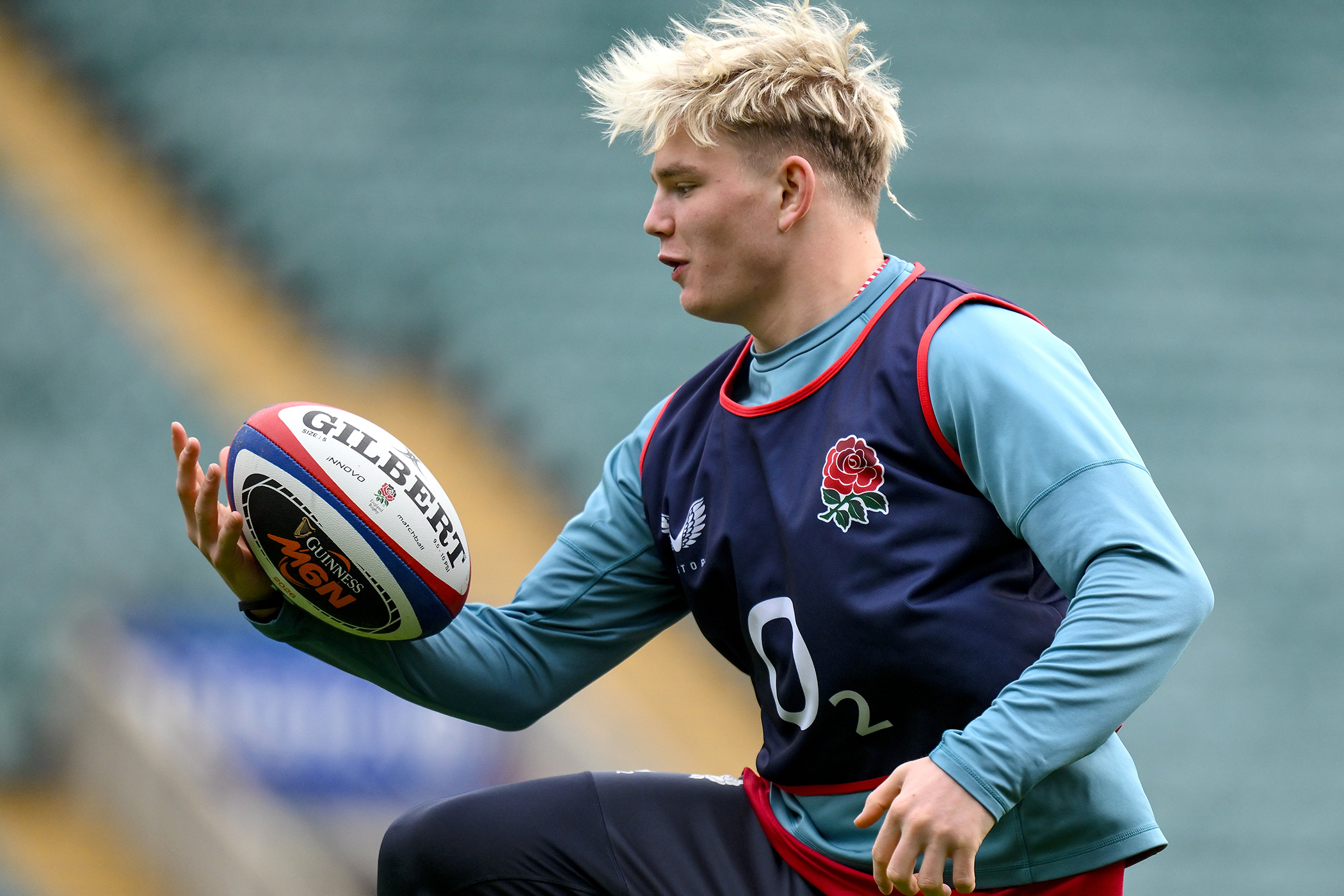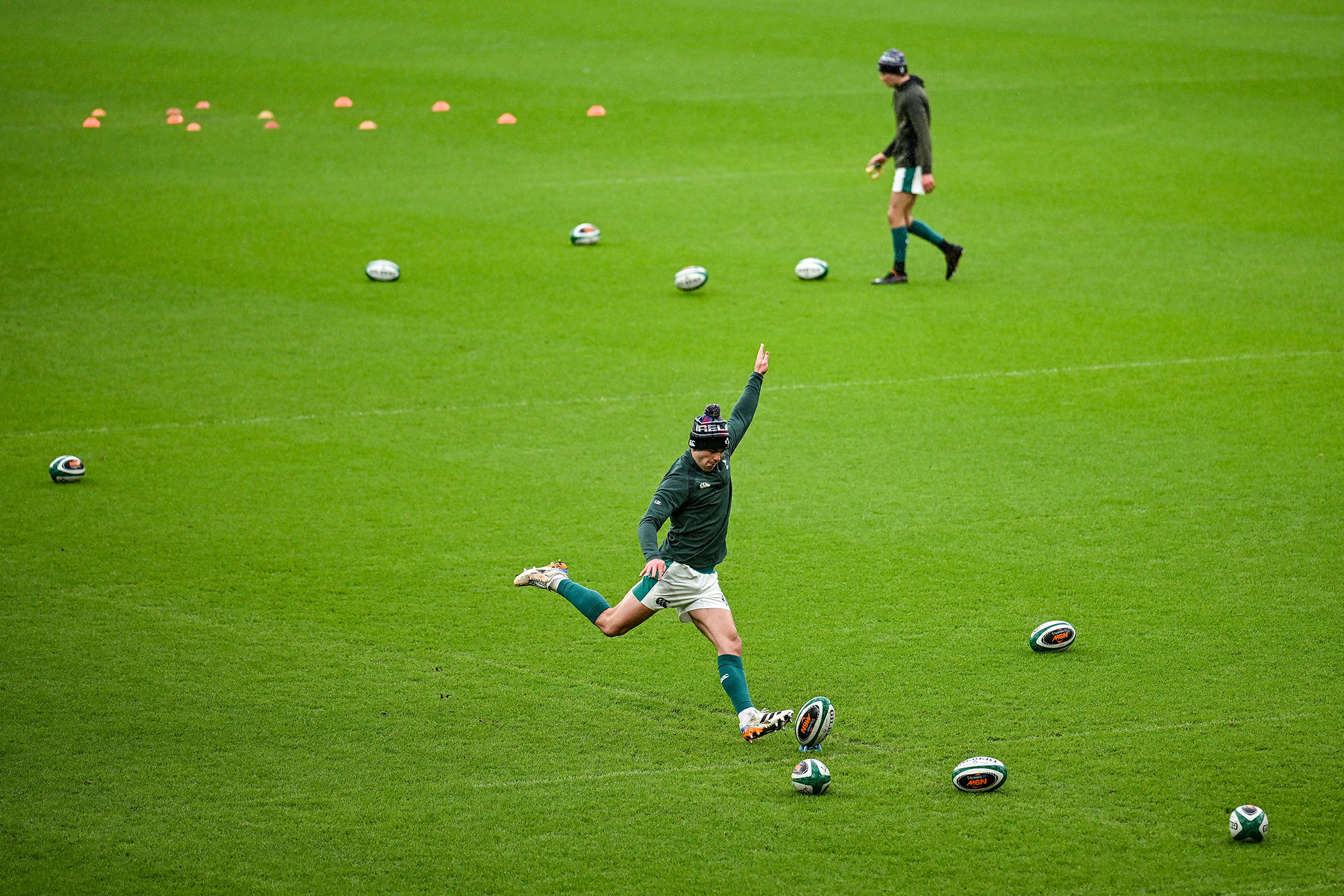Canada crowdfunding their way to within 80 minutes of winning the World Cup by knocking the fully-professional England off their pedestal, may seem like a fairytale. But it’s number one against number two in this World Cup final, the showdown the organisers craved.
And the jeopardy for England could not be greater. Canada arrive unbeaten in 2025, fresh from a 34–19 semi-final demolition of the world champions New Zealand, a team that had not lost at a World Cup in more than a decade. Make no mistake: there is no outsider here. If anything, Canada have looked the most formidable side of the tournament.
Their best weapon is how fast they get to the ruck (their ruck speed). They are the fastest team at the ruck of any rugby team, men’s or women’s, at any Rugby World Cup. They won 100% of their rucks against the Black Ferns and 90% of them took three seconds or less. This is thanks to the mastery of their scrum-half Justine Pelletier, who steers her team like a boat through wave after wave, phase after phase.
It’s almost impossible for England to prepare for the speed Canada plays at, because no team has ever been this fast. It makes defending against them difficult as the gap between phases is often under four seconds – meaning that as soon as the opposition defends one phase, they have to be back up on their feet to defend the next.
Canada’s attack is also multifaceted. It stretches a defence to expose its holes, and penalises any space it can find. The Maple Leafs play a strong offloading game with multiple points of attack, which makes them difficult to read. England know this, and will try to do what the Black Ferns clocked in the second-half of the semi-final: press high, and cut them off before they can sweep the ball to one of their options. Canada plays with ferocity in contact, but everything is underpinned by clarity of execution.
The offloading game, so often risky for other nations, is controlled and purposeful. They are the only side at this World Cup who have made that style of play look sustainable rather than reckless, and it has made them dangerous in every area of the pitch.
England, by contrast, have yet to look like the sum of their parts. This is a team with world-class players in nearly every position, yet together, something isn’t clicking. Handling errors have cost them, and the team often seem to be working as individuals, not a collective. This feels almost ridiculous to say about a team who are on a 32-match winning streak and who have scored 283 points and conceded only 42 during this tournament, but those who know England’s ability to flap in finals know just how little that matters now.
The Red Roses have played a more expansive game so far this campaign, not relying as heavily on the driving maul, and it has not always suited them. France could have beaten England in the semi-final if they had taken their chances in the first half. For that reason, England should return to the bedrock of their game, the set piece, on Saturday.
Nobody cares how you win a tournament – as long as you win it. Just look at the Lionesses – had they lost the Euros final, talk would have been of how poorly they played at times. But by the time Sarina Wiegman was singing with Burna Boy outside Buckingham Palace, her team’s shaky defence was a distant memory. The Red Roses might have been described as boring when they defaulted to that gameplan at the last World Cup, but nobody will be worried about that if England lift the World Cup trophy.
The Red Roses have a strong chance of winning if they execute a couple of things well. Firstly, they must try to keep Canada in the middle of the pitch. England’s defensive weaknesses have been exposed on the wing, with Jess Breach a particular culprit for missed tackles. Canada will be targeting the wing as much as they can and England must try to shut down that attack as early as possible.
Newsletters
Choose the newsletters you want to receive
View more
For information about how The Observer protects your data, read our Privacy Policy
Secondly, England must focus on the strength of their team. While Ellie Kildunne takes the limelight with magnificent displays, the team’s power comes from its pack. Hannah Botterman, the best prop at the tournament, is a master at the breakdown and has got them out of tight corners. Too often their attack has relied on individuals producing magic – Kildunne’s running, Jones’s flair – rather than a backline firing in concert.
The semi-final against France was a reminder of both their strengths and vulnerabilities. England’s forwards dictated tempo in the tight, but France created more than enough chances to end the contest early. Poor finishing kept England alive, but had France been ruthless, Canada might have been facing them in the final instead. That narrow escape cannot be ignored.
Yet it would be wrong to suggest England cannot win. On paper, when both sides are at their absolute peak, England hold the edge. Their forwards are capable of suffocating opponents, controlling territory and dictating the rhythm of a match. If they get their maul rolling in the Canadian 22, few defences in the world can resist. The problem is that England have not reached those levels consistently in this tournament. To beat Canada, they must bridge that gap, finding another gear that so far has been elusive.
Canada must avoid giving England easy entries to those danger zones. Discipline is everything. If they start coughing up territory and give England the invitation to drive through their maul, the momentum will shift. The other danger lies in loose kicking. Any ball sent directly into the hands of Kildunne or Abby Dow is an open invitation for counterattack. Precision is essential.
One factor that could tilt matters back towards England is the impact of the bench. Their replacement front row has been one of the most effective weapons of this World Cup, often swinging matches in the final quarter. If the contest remains close going into the last twenty minutes, fresh legs from the English pack could be decisive. The attritional nature of their carrying game makes late surges brutally effective, and Canada will need to be wary of that.
So here we are: England, a side who are the best in the world when they click, against Canada, the team who have been the best throughout this World Cup. The hosts still carry the aura of a rugby superpower, but their identity looks less certain than their rivals’. Canada, by contrast, know exactly who they are and are thriving within it.
If rugby was predictable, England’s pedigree would make them favourites. But sport is rarely so neat. Momentum is with Canada, confidence is coursing through them, and their demolition of New Zealand will not be forgotten in a hurry. England will need to summon their best performance of the last four years to stop them. Canada, meanwhile, simply need to do what they have been doing all along.
Photograph by World Rugby via Getty Images



